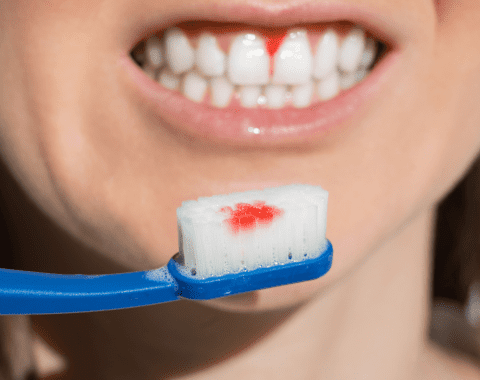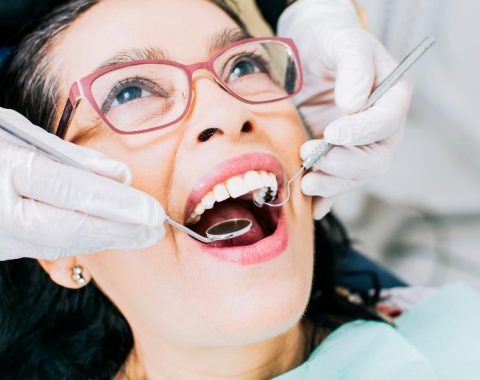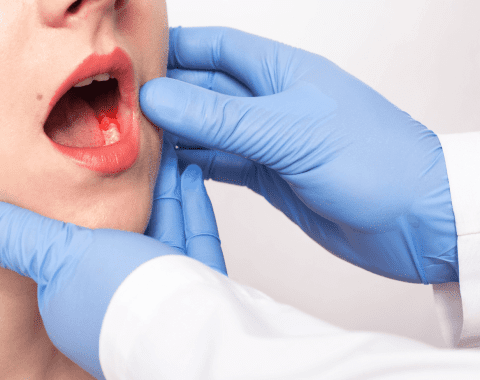What Is Gingivitis?
Gingivitis is a form of periodontal disease that causes inflammation and bleeding of the gums. Gingivitis is a common and mild form of gum disease. It causes inflammation of your gums. Gingivitis is usually caused by plaque, a sticky film of bacteria that forms on your teeth. Plaque can harden into tartar, which is a harder form of plaque. If plaque and tartar are not removed, they can damage your gums, bones, and other tissues that support your teeth. Gingivitis is usually reversible with good oral hygiene. However, if gingivitis is not treated, it can progress to periodontitis, a serious form of gum disease that can lead to tooth loss.
What Are the Symptoms of Gingivitis?
The most common symptom of gingivitis is bleeding gums. Other symptoms may include:
-Swollen gums
-Red gums
-Gums those are tender or painful when touched
-Gums that pull away from the teeth
-Bad breath
-A change in the fit of partial dentures
If you have any of these symptoms, see your dentist. He or she can diagnose gingivitis and create a treatment plan.
How Is Gingivitis Treated?

The main cause of gingivitis is plaque. Plaque is a sticky film of bacteria that forms on your teeth. Plaque is made up of food debris, saliva, and bacteria.
When plaque is not removed, it can harden into tartar. Tartar is much more difficult to remove and can irritate your gums.
Certain factors can increase your risk of developing gingivitis, such as:
• Poor oral hygiene: If you don’t brush and floss regularly, plaque can build up on your teeth and turn into tartar.
• Smoking: Smoking can increase the amount of tartar on your teeth and make it more difficult to remove.
• Crooked teeth: Crooked teeth are more difficult to keep clean and are more likely to trap plaque and tartar.
• Dental appliances: Dental appliances, such as braces or dentures, can make it difficult to keep your teeth clean.
• Poor nutrition: A diet lacking in vitamins and minerals can contribute to gum disease.
• Hormonal changes: Hormonal changes, such as those that occur during pregnancy or menopause, can make your gums more sensitive and susceptible to gum disease.
• Certain medications: Some medications, such as certain types of blood pressure medications and antidepressants, can increase your risk of gum disease.
• Stress: Stress can make it difficult to take care of your oral hygiene and can make your gums more sensitive to plaque and tartar.
How Can Gingivitis Be Prevented?

Gingivitis is a reversible condition and can be treated with good oral hygiene. The first step in treatment is to remove the plaque and tartar from your teeth.
This can be done by brushing and flossing regularly, as well as getting professional cleanings from your dentist or dental hygienist. Once the plaque and tartar are removed, your gums will begin to heal and the inflammation will go down.
In some cases, your dentist may prescribe a mouthwash or antibiotic to help clear the infection. In severe cases of gingivitis, surgery may be necessary to remove the tartar from your teeth.

The best way to prevent gingivitis is to practice good oral hygiene. This means brushing your teeth at least twice a day, flossing daily, and getting regular professional cleanings.
If you have any risk factors for gingivitis, such as smoking or diabetes, it’s important to be extra vigilant about your oral hygiene. You may also need to see your dentist more often for professional cleanings.
If you have gingivitis, it’s important to treat it early to prevent it from progressing to periodontitis. Once gum disease progresses to this stage, it can be difficult to treat and may lead to tooth loss.




